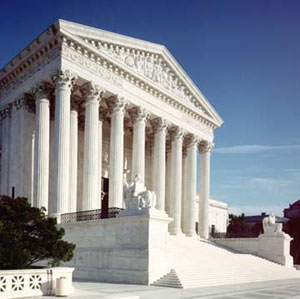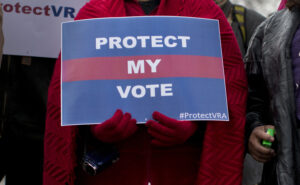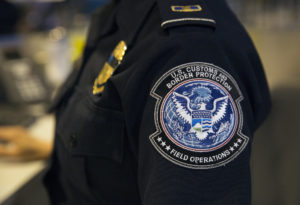Top Court Sets Back the Foes of Bush’s Wiretaps
The Supreme Court rejected an appeal related to the Bush administration's warrantless wiretap program on Tuesday, offering no explanation. The American Civil Liberties Union and others have had a hard time proving the plaintiffs were spied on because the evidence they need is considered a government secret.
The Supreme Court rejected an appeal related to the Bush administration’s warrantless wiretap program on Tuesday, offering no explanation. The American Civil Liberties Union and others have had a hard time proving the plaintiffs were spied on because the evidence they need is considered a government secret.
Your support matters…AP via Google:
The government has refused to turn over information about the closely guarded program that could reveal who has been under surveillance.
ACLU officials described the situation as a “Catch-22” because the government says the identities of people whose communications have been intercepted is secret. But only people who know they have been wiretapped can sue over the program.
A lawsuit filed by an Islamic charity met a similar fate. The 9th U.S. Circuit Court of Appeals last year ruled against the Oregon-based U.S. arm of the Al-Haramain Islamic Foundation, concluding that a key piece of evidence is protected as a state secret.
Independent journalism is under threat and overshadowed by heavily funded mainstream media.
You can help level the playing field. Become a member.
Your tax-deductible contribution keeps us digging beneath the headlines to give you thought-provoking, investigative reporting and analysis that unearths what's really happening- without compromise.
Give today to support our courageous, independent journalists.









You need to be a supporter to comment.
There are currently no responses to this article.
Be the first to respond.